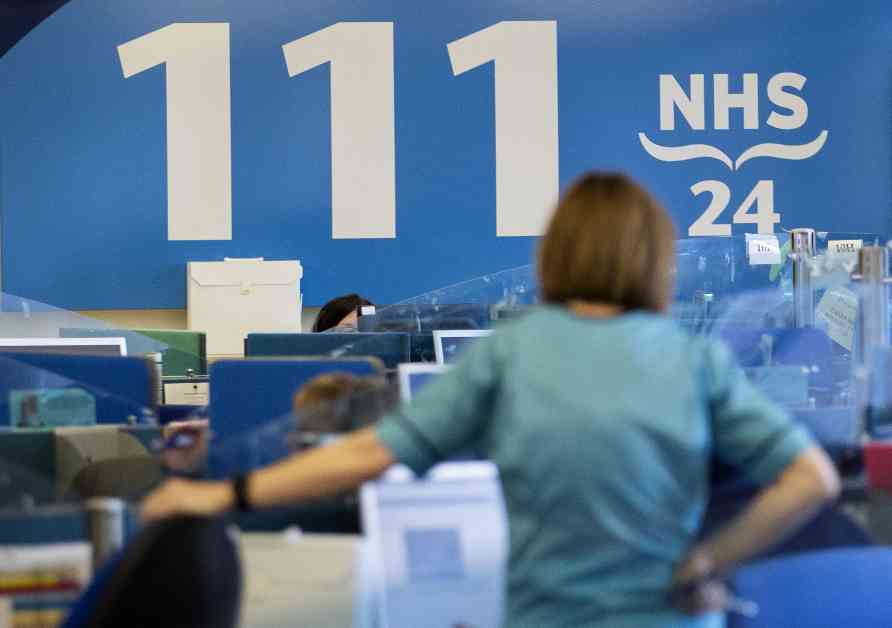Last week, more than 4,000 people in Scotland opted for the NHS 24 callback option, as reported by The Herald. This option allows individuals to receive a call back from a staff member if they are unable to get through to an NHS 24 111 operator. The NHS 24 111 service provides urgent care triage for situations that are not life-threatening but may require medical attention.
Criticism has been directed towards the Scottish Government by the Scottish Conservatives, who believe that the increasing number of people using the callback service indicates a growing desperation for support within the health service. This concern arises following the revelation that over a quarter of a million NHS 24 calls in Scotland went unanswered last year, with 16.5% of calls to the 111 service being left unattended.
NHS 24 has clarified that the callback service was introduced to offer individuals a choice between waiting in a queue or receiving a call back later. Jo Edwards, NHS 24’s Director of Service Delivery, emphasized that the callback option does not impact a person’s position in the queue and has been well-received by patients.
Dr. Sandesh Gulhane MSP of the Scottish Conservatives expressed deep concern over the strain on the NHS, especially as winter approaches. He criticized Health Secretary Neil Gray for suggesting that patients should search for information online rather than contacting the NHS 24 helpline. Gray had proposed that a third of callers could find necessary information on the NHS Inform website to alleviate pressure on the health service during the winter months.
Despite the criticism, a Scottish Government spokesperson highlighted the efforts made to enhance NHS 24 services, including increased funding for recruitment and the establishment of a new call center in Dundee. The government remains committed to supporting NHS 24 as it expands its services and workforce to meet the growing demand for healthcare assistance.
































